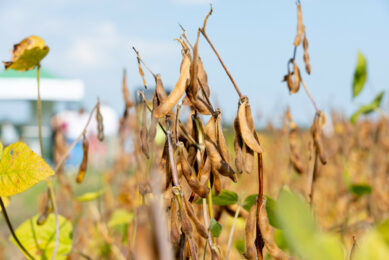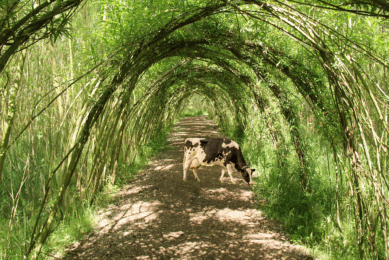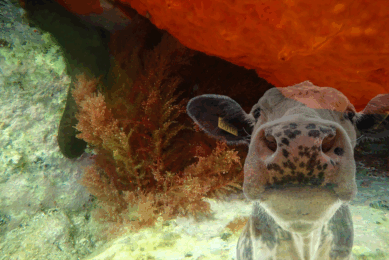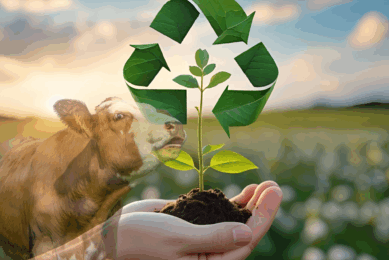New York receives $1.25 Million to improve cattle feed safety
New York State Agriculture Commissioner Patrick Hooker has welcomed a $1.25 million grant for his Department to enhance its cattle feed laboratory testing and inspection programs that are directly related to animal and human health.
Funding for the "Feed Safety and Ruminant Feed Ban Support Project Grant" is provided through the US Food and Drug Administration."With New York being the third largest dairy state in the nation, ensuring quality feed for our animals is a priority," Commissioner Hooker said.
"This funding will allow us to conduct more testing in the lab and enhance the inspection process in order to better safeguard our livestock and ultimately protect human health." The grant was awarded to twelve states in the form of a cooperative agreement. Under the agreement, New York will receive $250,000 annually for five years in return for enhancing the State’s feed safety programs.
Controlling ruminant feed safety
The federal funds will enhance the Department’s ability to locate and inspect companies involved in the manufacture, distribution and transportation of animal feed, as well as operations feeding ruminant animals. The additional funds will also allow a significant expansion of laboratory feed safety testing programs, including surveillance for ruminant protein, mycotoxins, antibiotics, heavy metals, pesticide residues and animal-human pathogenic bacteria.In addition, the grant provides funding to support training of laboratory and inspection staff in the area of ruminant feed safety.
Increase inspections
Currently, there are 116 feed manufacturers and over 300 feed distributors in New York State. Every feed facility is inspected at least once a year. Last year, the Department conducted 436 inspections for compliance with the FDA feed ban. In addition, the New York State Food Laboratory evaluated approximately 600 animal feed and pet food samples last year. Of those samples, 120 were cattle feed samples. The FDA funding said it will likely increase that number to 200, and allow a more comprehensive analysis of ruminant protein and other potential feed hazards.











